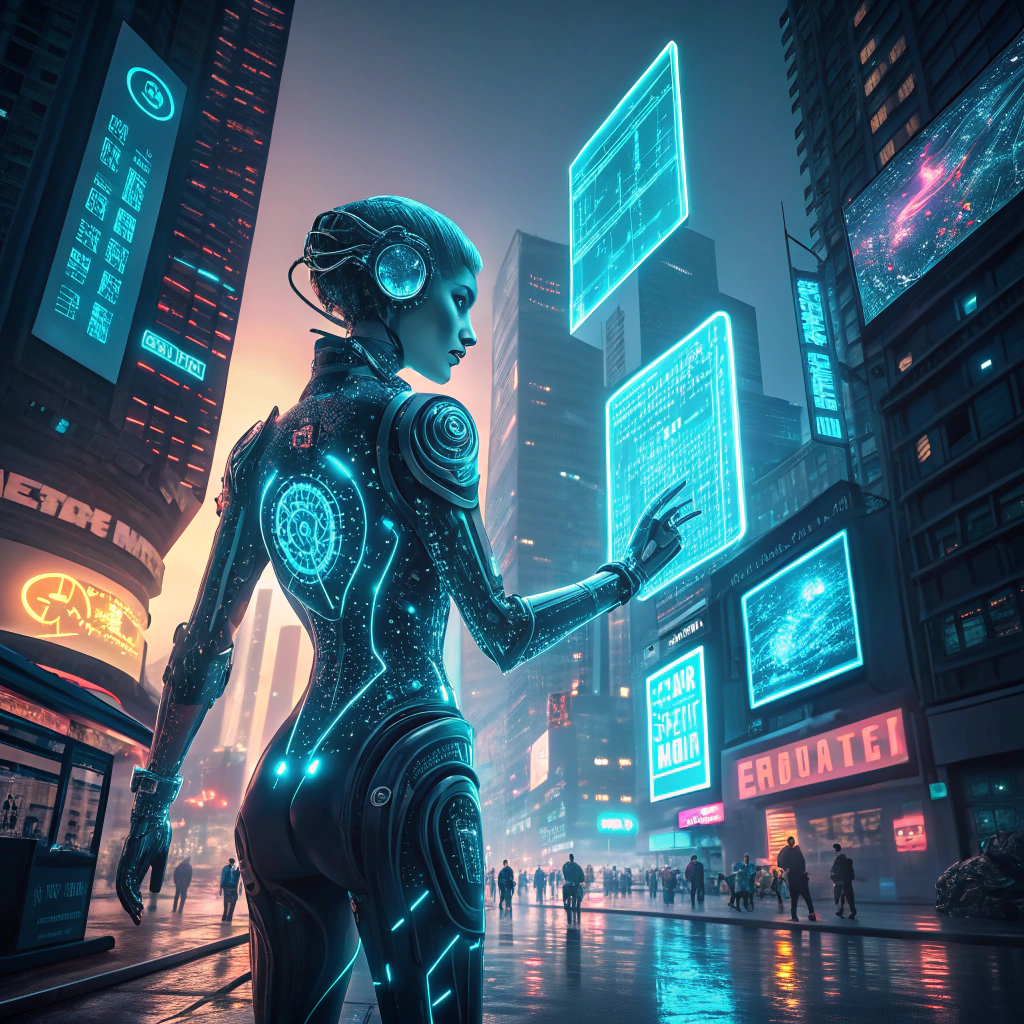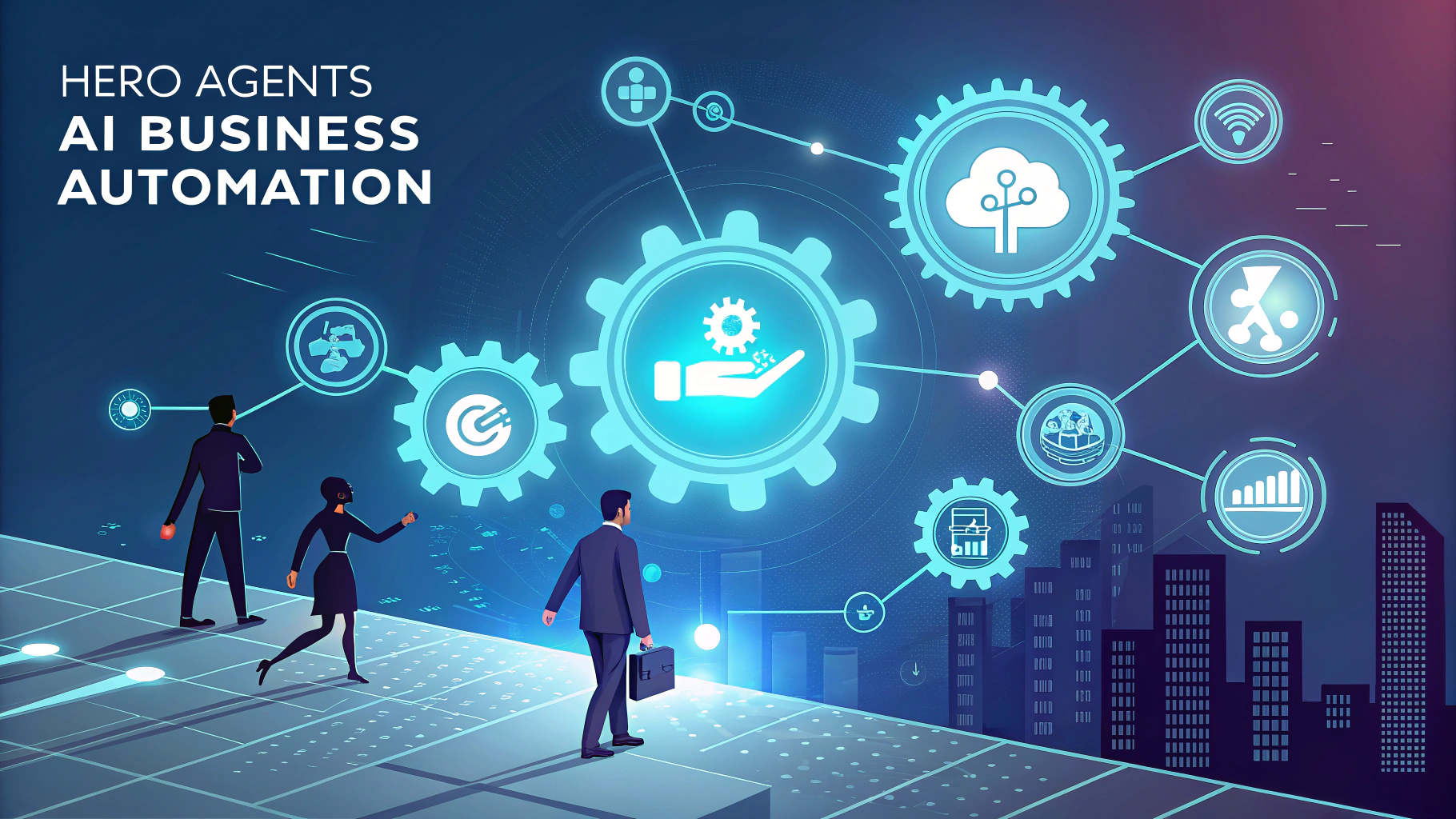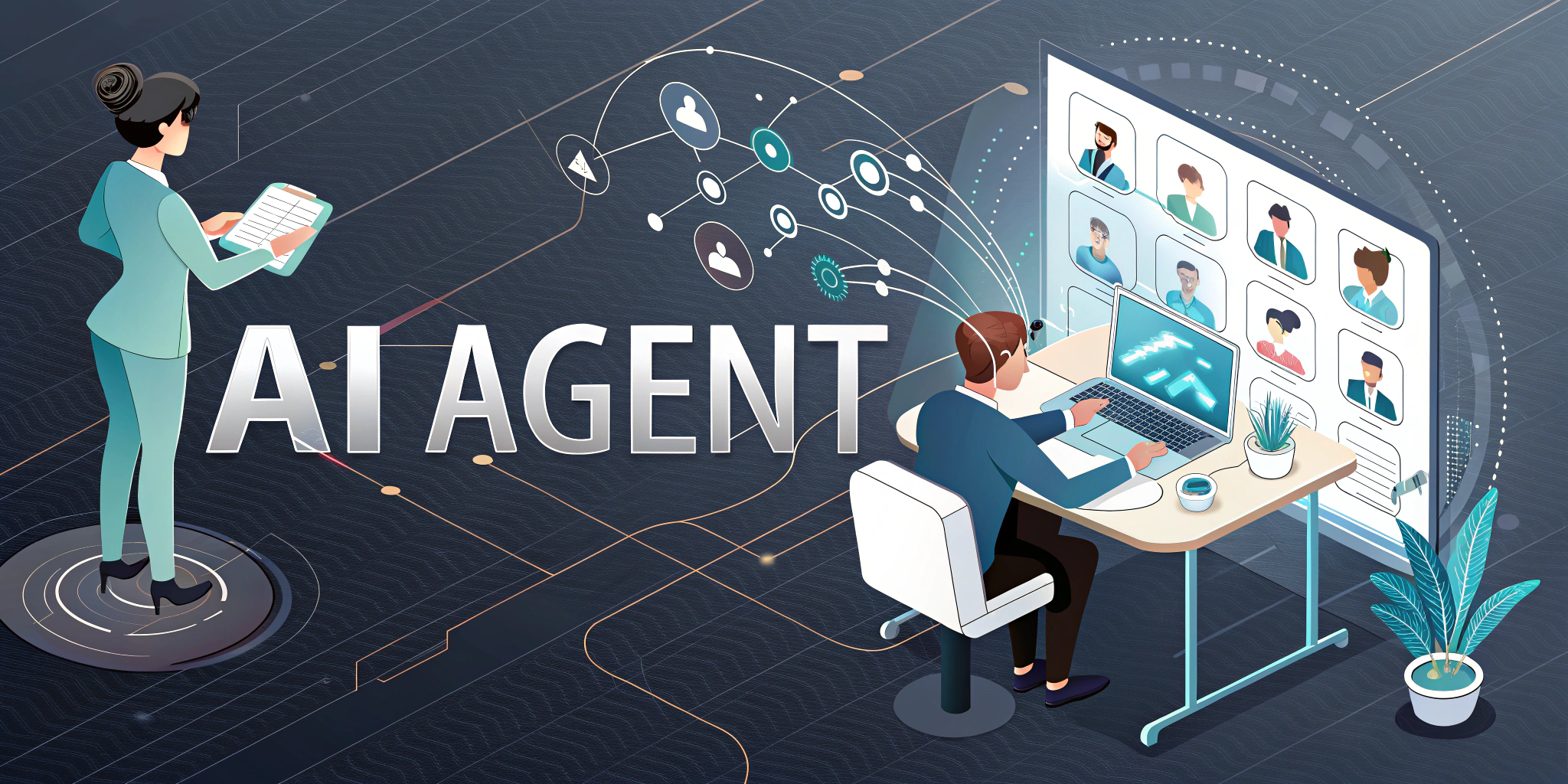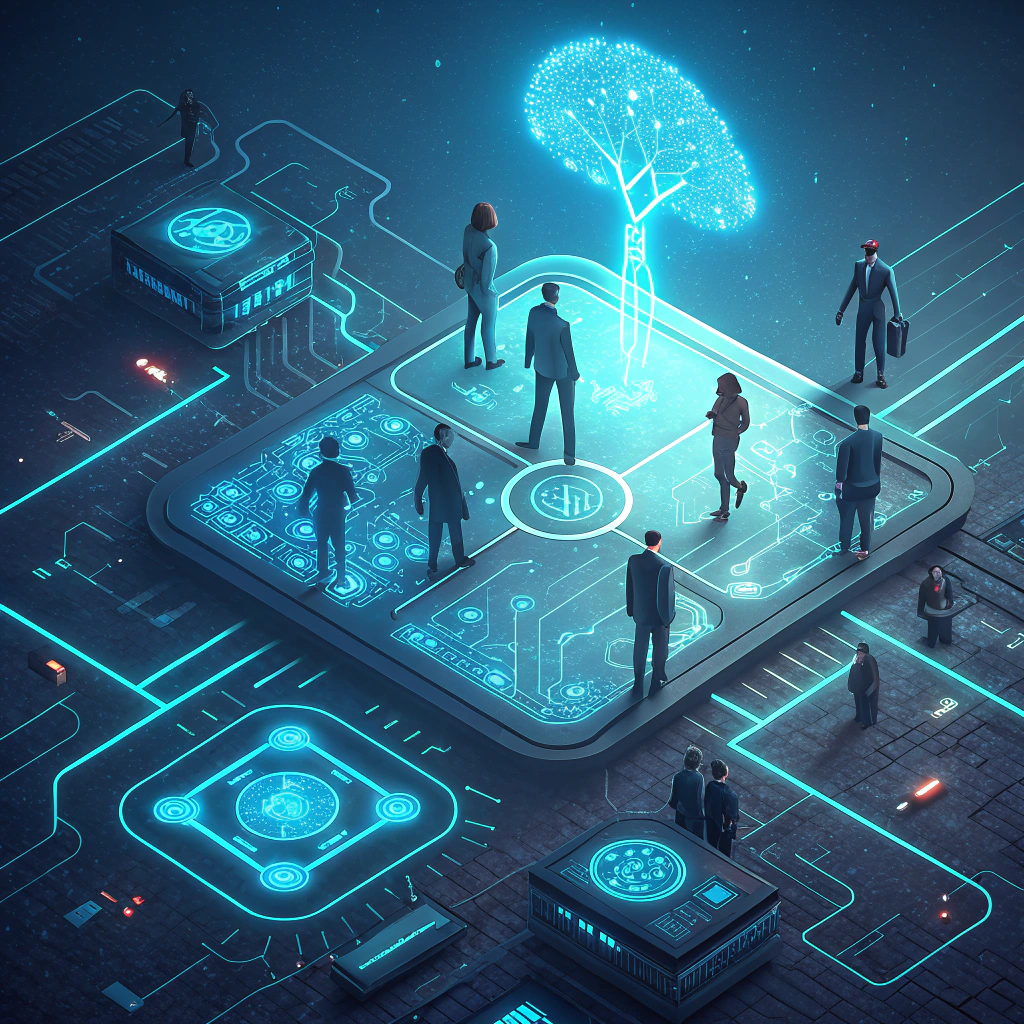AI Agents: Transforming the Future of Automation
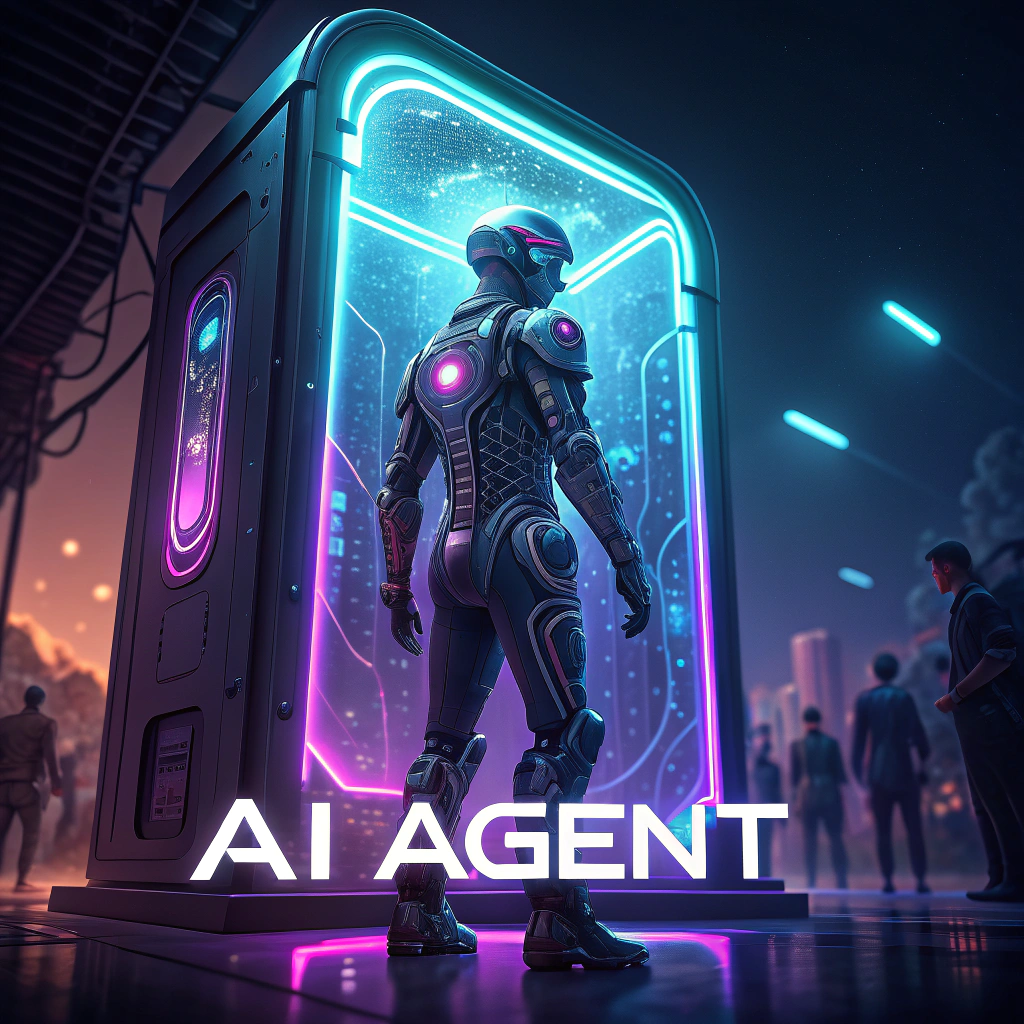
AI Agents: Transforming the Future of Intelligent Automation
Published on 2025-05-15

Unlocking the Potential of AI Agents: The Future of Intelligent Automation
In the ever-evolving landscape of technology, Artificial Intelligence (AI) has emerged as one of the most transformative forces of our time. Among the many branches of AI, the agent paradigm – intelligent, goal-directed software entities – is gaining significant attention. These autonomous agents have the potential to revolutionize industries, streamline processes, and enhance user experiences. In this article, we delve into the world of AI agents, exploring their capabilities, applications, and the future they hold.
Understanding AI Agents
AI agents are software entities designed to autonomously perform tasks on behalf of users or systems. They are equipped with the ability to perceive their environment, process information, make decisions, and take actions to achieve specific goals. Unlike traditional software programs, an AI agent possesses a degree of autonomy and adaptability, allowing it to operate in dynamic and unpredictable environments.
Key Characteristics of AI Agents
- Autonomy: The agent can operate independently, making decisions without constant human intervention.
- Reactivity: The agent can quickly respond to changes in its environment.
- Proactivity: Beyond reacting, the agent anticipates future events and takes proactive measures.
- Social Ability: The agent can interact and collaborate with other agents or humans.
- Learning Capability: Through machine learning, the agent can improve over time.
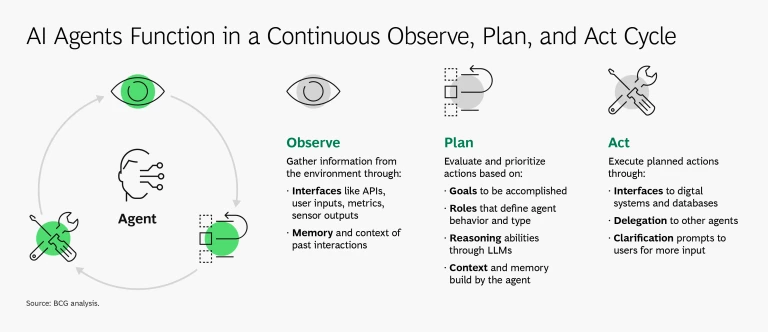
Applications of AI Agents
1. Healthcare
In the healthcare sector, AI agents are transforming patient care and administrative processes. They assist in diagnosing diseases by analyzing medical images and patient data, streamline appointment scheduling, and manage drug inventories, reducing administrative burdens.
2. Finance
Within finance, AI agents power fraud detection, risk assessment, and algorithmic trading. They analyze vast financial datasets in real time, identifying anomalies and optimizing investment strategies.
3. Customer Service
Customer service is benefiting from always-on chatbots and virtual assistants. Each agent can handle routine inquiries autonomously while escalating complex cases to human operators, improving satisfaction and response times.
4. Autonomous Vehicles
The automotive industry is witnessing a paradigm shift with autonomous vehicles. Here, the driving agent processes sensor data, interprets traffic rules, and ensures passenger safety – continuously learning from real-world conditions.
5. Smart Home Automation
Home automation agents manage lighting, climate, and security systems, adapting to residents’ routines for comfort and energy efficiency.
The Future of AI Agents
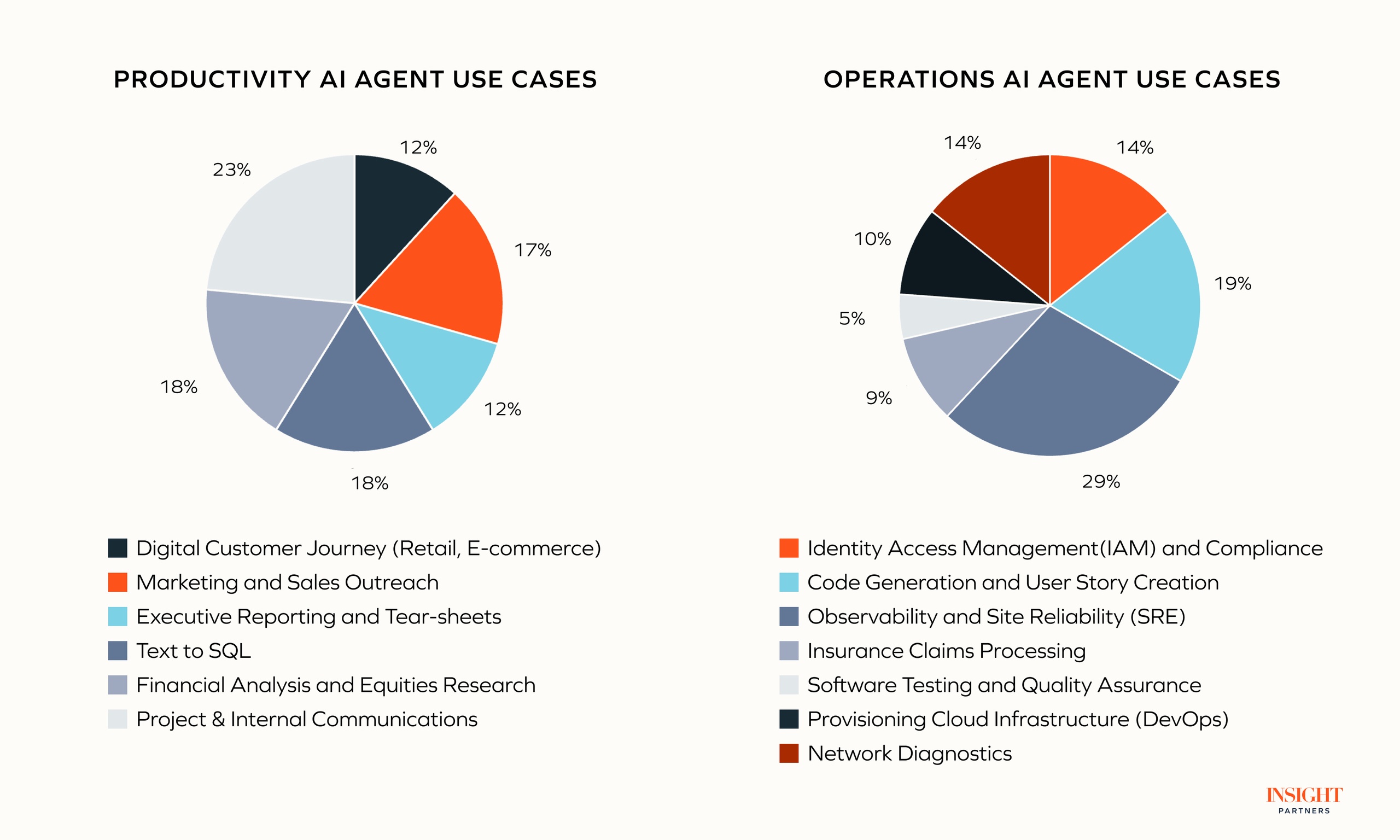
Several trends will shape the next generation of AI agents:
- Enhanced Natural Language Processing makes interactions more intuitive.
- Explainable AI provides transparency into the agent’s decisions.
- Human-Agent Collaboration amplifies human capabilities instead of replacing them.
- Ethical & Responsible AI ensures fairness by mitigating bias.
- Hyper-Personalization tailors experiences to each user.
Challenges and Considerations
Despite their promise, AI agents raise important questions:
- Data Privacy & Security: safeguarding the data that fuels each agent.
- Bias & Fairness: ensuring the agent’s training data doesn’t encode discrimination.
- Governance & Regulation: balancing innovation with oversight.
- Technical Complexity: securing the talent and infrastructure to build, deploy, and maintain agents.
Conclusion
AI agents represent a significant leap forward in intelligent automation. With autonomy, adaptability, and learning at their core, they promise to transform industries and elevate everyday life. Embracing them responsibly – with a focus on ethics, transparency, and human collaboration – will unlock their full potential and pave the way for an exciting future of automation.
